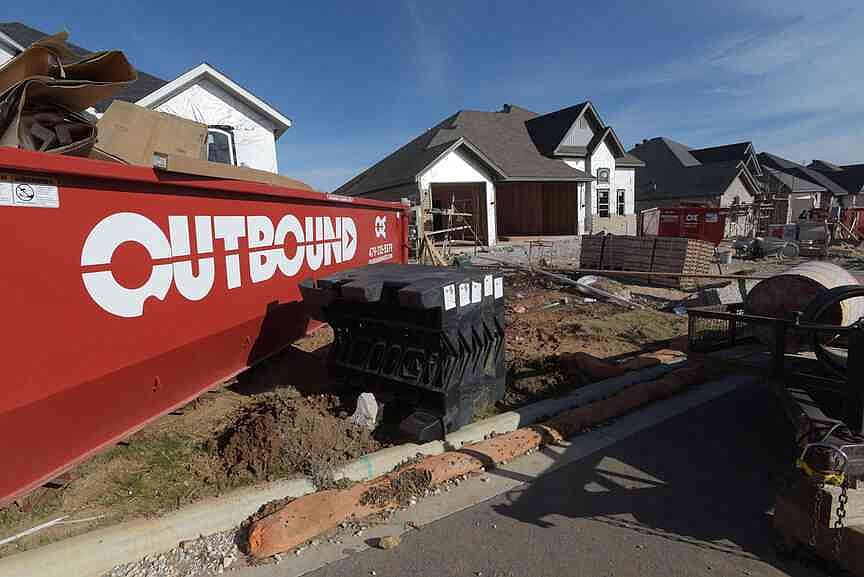R
ecent reports from Northwest Arkansas real‑estate professionals show a growing number of Hispanic homeowners choosing to sell their homes, citing heightened immigration scrutiny as the main driver. The Trump administration’s 2024 budget nearly tripled ICE funding—from $9.9 billion to $28 billion—intensifying enforcement. ICE has also introduced signing bonuses, student‑loan forgiveness, and competitive salaries to attract recruits. In September, Gov. Sarah Huckabee Sanders announced that the Arkansas National Guard would provide logistical support to ICE, potentially expanding the Guard’s role to include trained personnel deputized for immigration policing.
ICE claims its priority is the removal of violent or habitual offenders, a stance challenged by the Cato Institute and other observers. Data from the Deportation Data Project, accessed via the Freedom of Information Act, revealed that in June 2024 ICE apprehended 30,000 individuals—an increase of 70 % in arrests of convicted criminals compared with June 2023, while arrests of people with no convictions or pending charges tripled. The Economist reported that non‑criminal detentions surpassed criminal ones for the first time since December 2023.
In the local market, agents from MG Realty Group—Jonathan Melendez and Aldo Gonzalez—note a 30 % decline in Hispanic home purchases, contrasting with continued interest from other immigrant groups, including those without legal status who rely on ITIN numbers for tax purposes. Melendez explained that despite the drop, the agency has sold homes to clients lacking legal status, using ITINs. Rogers‑based Re/Max agent Janeth Duran echoes the trend, citing a noticeable shift toward Hispanic sellers over the past year.
Clients are motivated by fear of deportation or existing deportation orders. Gonzalez recounts a Salvadoran buyer who, after receiving a deportation order, chose to sell his house to secure funds for a return to El Salvador. Activist Irvin Camacho describes the detainment experience as “the worst” and notes that many choose self‑deportation, feeling trapped by the risk of detention even when legally present.
Despite these pressures, local agents caution against hasty sales. They emphasize that real estate remains a long‑term investment, with potential returns through rental income or future appreciation, even for owners abroad. Melendez suggests protective measures such as appointing a power of attorney to manage the property, directing rental proceeds to overseas bank accounts, and employing title companies to handle international transactions. Duran adds that the necessary paperwork and money transfers are well established, and that ownership persists regardless of location.
Gonzalez warns that a wave of sales could deplete the pool of funds available for future purchases, especially given Northwest Arkansas’s housing shortage. The region, projected to reach 1 million residents by 2050, has already seen a 275 % rise in median home values and a 78 % increase in median rent over the past two decades. Fayetteville declared a housing crisis in April 2024, and recent public meetings have focused on strategies to manage rapid growth. Smith & Associates reports a modest uptick in inventory, offering buyers slightly more options, yet homes in Bentonville, Rogers, Springdale, and Fayetteville continue to move quickly, with well‑priced, move‑in‑ready properties attracting multiple offers.
Agents advise prospective sellers to weigh the escalating costs of homes in the area before deciding to sell due to immigration concerns. While a sale may yield a profitable return now, future market conditions could render the proceeds insufficient for comparable properties. The consensus is that maintaining ownership, even remotely, preserves the opportunity to benefit from the region’s continued appreciation.















